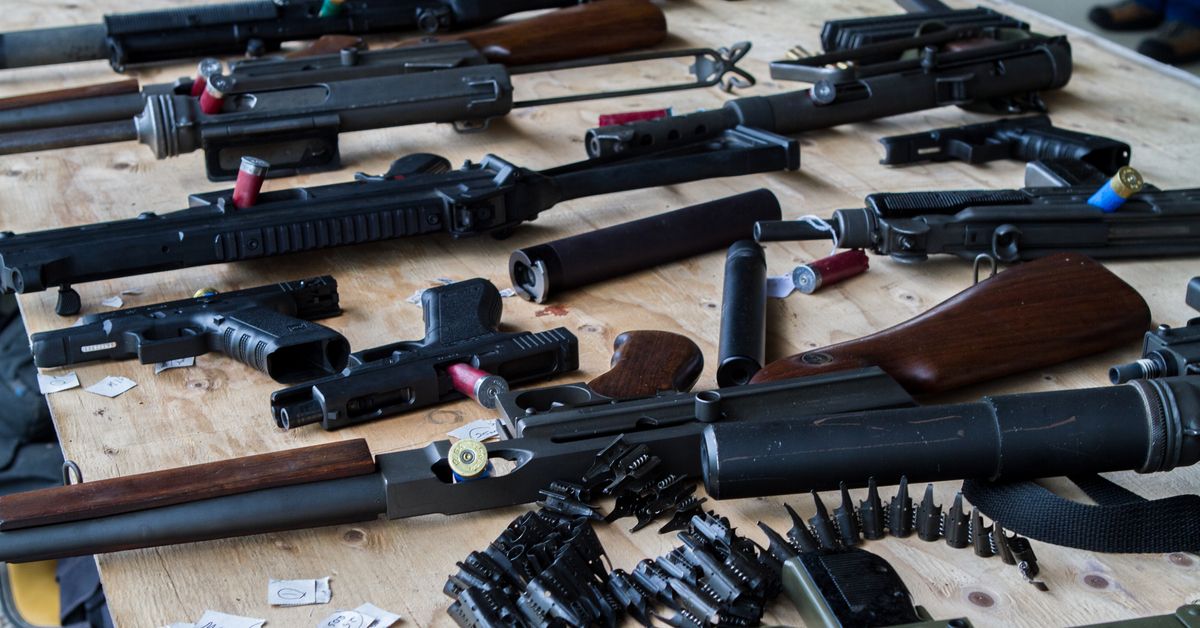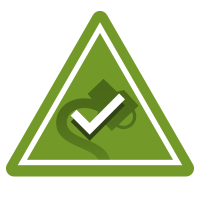In 2005, Congress passed the Protection of Lawful Commerce in Arms Act (PLCAA), and George W. Bush signed it into law. That law codified legally that the gun manufacturing industry could not be held liable in civil court for crimes “resulting from the criminal or unlawful misuse” of firearms or ammunition.
In the wake of mass shootings and gun-violence, debate often turns to possible legal remedies to limit questionable gun sales or enact tougher gun control measures, and the PLCAA was the result of a failed effort to do that. In the late 1990s and early 2000s, an increasing number of city governments, including New York City in 2000, took a new legal approach — they began suing the firearm industry for "creating a public nuisance" in their cities.
The PLCAA was passed in response to an increasing number of lawsuits as a way to protect the industry. In a 2005 statement, George W. Bush explained his support for the bill:
Our laws should punish criminals who use guns to commit crimes, not law-abiding manufacturers of lawful products. This legislation will further our efforts to stem frivolous lawsuits, which cause a logjam in America's courts, harm America's small businesses, and benefit a handful of lawyers at the expense of victims and consumers
Opponents of the bill had a different take on the law. Speaking at the time of the bill’s debate, Dennis Henigan of the Brady Legal Action Project, a gun-control advocacy group, argued:
The gun lobby is trying to radically change the rules, to make irresponsible gun dealers and the makers of defective guns the only business[es] in America exempt from long standing principles of negligence, nuisance and product liability.
This law, officially adopted on 26 October 2005, is the law to which Hillary Clinton was referring in 2015 when she stated "the gun industry and gun sellers are the only business in America that is totally free of liability for their behavior." Claims that they are totally free of liability, however, are not totally precise.
The PLCAA actually spells out six exceptions to the law under which a gun manufacturer could be held liable from crimes committed with their products in a civil proceeding. A manufacturer could be held liable, for example, if they knowingly sell a weapon to someone planning on committing a "crime of violence" or a "drug trafficking crime."
Similarly, a manufacturer or seller could be sued if they broke federal or state law in the process of selling or making their product if the manufacturer or seller’s action of breaking that law contributed substantially to the crime committed by the person with the gun.
The liability exceptions provided to the gun industry for crimes committed with their products, though extremely narrowly defined, do exist. Because of this, we rank the claim that gun manufacturers have legal immunity from crimes committed with the weapons or ammunition they sell as mostly true.

